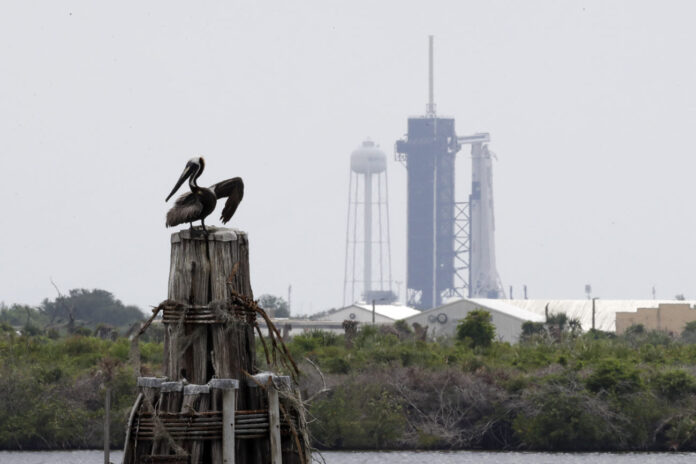One day after a spectacular explosion destroyed a prototype rocket at Boca Chica Beach, SpaceX successfully launched two men into space; they are now at the International Space Station, where the astronauts will conduct experiments both at the ISS and the SpaceX Crew Dragon capsule before returning in August.
The mission is being celebrated as historic, not because we’ve sent people into outer space — we’ve been doing that for six decades, although this is the first manned mission to launch from the United States in more than a decade. What makes this special is the fact that it’s the first time people have gone into space aboard a completely private ship.
Like most endeavors of this scale, the current mission is hardly sudden; it follows decades of development, during which private rocket makers have sent dozens of satellites and probes into orbit.
This feat should also lay to rest one of the lingering and persistent fallacies of space flight: that it is so complex, and so expensive, that only governments could pull it off. To be sure, SpaceX and other private space agencies, including Virgin, Boeing and United Launch Alliance, which has a presence in Harlingen, built on the decades of work and achievement performed by NASA, but they already are using rocket systems and other technology that goes beyond anything the federal space administration ever accomplished. Instead of a capsule filled with buttons, switches and dials, the Crew Dragon features sleek touch screens to process all commands and computer functions. The rockets are more powerful and efficient than anything funded by taxpayers — the Falcon Heavy prototype that exploded last weekend at the Boca Chica SpaceX facility is the most powerful ever built, designed to someday send massive luxury spacecraft carrying dozens of people to Mars — and perhaps even farther.
The current SpaceX crew even wore sleek, newly designed spacesuits that are said to be lighter and less cumbersome.
Most significantly, development by private entrepreneurs means they bear the cost of research, development, production and maintenance, saving taxpayers billions of dollars. Moreover, the competition that has grown with the number of space exploration companies has brought rapid innovation and increased quality even as costs have plummeted.
People versed in economics and history shouldn’t be surprised that private enterprise once again is outperforming even the largest and best-funded governments in the world. After all, most innovation in history has been accomplished by private individuals and companies that had the freedom to chase their dreams. Virtually every major accomplishment, from the cotton gin and sewing machine to computers and smartphones, began at one person’s drawing board in an office, garage or kitchen table.
So we offer a toast to the dreamers of the world — may they always have the freedom to pursue those dreams. We never know what heights they — and we — can achieve if we just offer them a little support, and stay out of their way.





